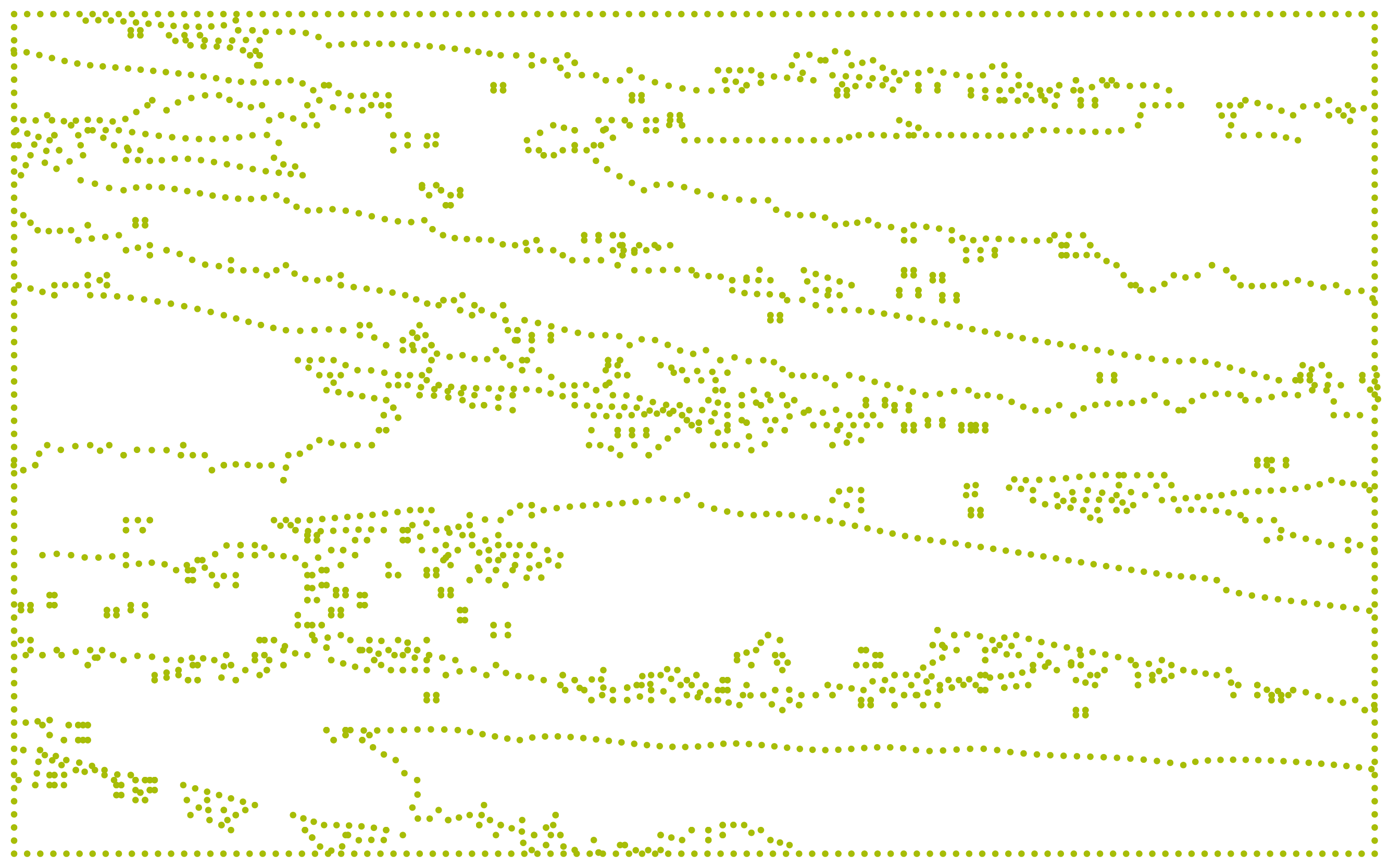
Lula’s Dilemma
In Brazil, big agribusiness holds the reins of political power. Without confronting this head-on, Lula’s ecological promises will remain just that—promises.
Those of us who worked in 2022 to re-elect Luis Inácio Lula da Silva, or Lula, were fuelled by the hope that in re-establishing democratic order and restoring a president committed to alleviating poverty, we could begin to breathe again. At times, the desire was almost literal: in 2019, illegal fires ripped through the Amazon, spreading smoke and ash across the country, clogging the skies over São Paulo, home to over 21 million people, and turning the midday sky a deep grey. The cause was clear. The Bolsonaro administration, elected in 2018, had openly supported the use of arson by large agribusiness as a tool to grab ever larger tracts of forest and land to exploit. Bolsonaro’s landowning supporters even went so far as to celebrate the day the skies turned black as “Fire Day”.
The four years of Bolsonaro’s presidency were marked by devastation, dismantling and death. The Brazilian left therefore took comfort in the fact that Lula’s leadership with the Workers’ Party (PT) could help to rebuild from Bolsonaro’s destruction. Hopes were kindled further when, not long after his re-election, he appeared on stage at COP27 in Egypt. Brazil’s priority, Lula claimed in Sharm El Sheikh, must be fighting illegal deforestation, alongside creating a ministry to help protect Indigenous communities. It seemed in that moment that Bolsonaro’s ecocidal policies and the open violence committed against Brazil’s Indigenous peoples—empowered by the free pass given to agribusiness and extractive industries—might finally be at an end. “Brazil,” Lula affirmed at the conference, “is back”.
The sentiment was clear, yet it raised two important questions. First: what would it take to undo Bolsonaro’s legacy in the context of a National Congress dominated by the far right, alongside Lula’s dependence on a broad alliance that included the centre right in his campaign back to the presidential palace? Second: and more fundamentally, if Brazil really was back, what exactly was it back to? Environmentalists, campesinos, and Indigenous communities suffered profoundly under Bolsonaro, yet the idea that we would simply return to the contradictory land and environmental policies of previous PT governments, including under Lula himself, was hardly an enticing prospect.
